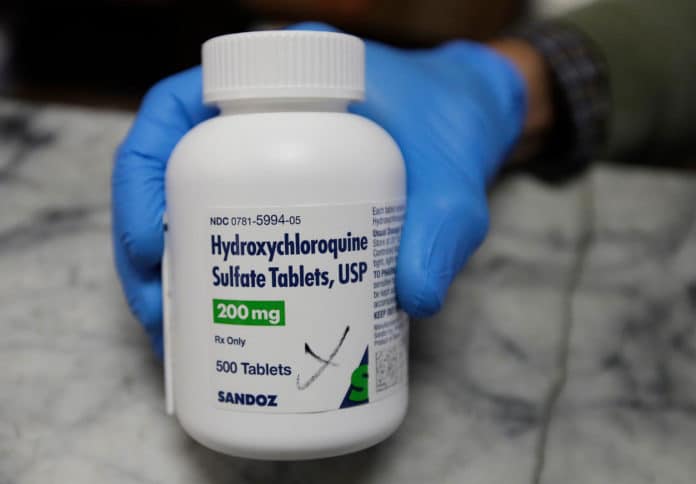Hydroxychloroquine is a medication used to prevent malaria, rheumatoid arthritis, lupus, and porphyria cutanea tarda. It was the first drug that raised the anticipations in line with the hope for the COVID cure, was anti-malarial drug hydroxychloroquine (HCQ).
But a recently published study shows that hydroxychloroquine is not effective against COVID-19.
The study, led by a team at the University of Minnesota-conducted a randomized, double-blind, placebo-controlled trial across the United States and parts of Canada testing hydroxychloroquine as postexposure prophylaxis.
A total of 821 asymptomatic participants were enrolled in the study. The drug was given to 414 people for five days, whereas the remaining 407 participants received a placebo. The dosing regimen for hydroxychloroquine was 800 mg (4 tablets) once, then 600 mg (3 tablets) 6 to 8 hours later, then 600 mg (3 tablets) daily.
Overall, 87.6% of the participants reported a high-risk exposure to a confirmed Covid-19 contact. The incidence of a new illness compatible with COVID-19 did not differ significantly between participants receiving hydroxychloroquine (11.8%) and those receiving placebo (14.3%); the absolute difference was −2.4 percentage points (95%). Side effects were more familiar with hydroxychloroquine than with placebo (40.1% vs. 16.8%), but no severe adverse reactions were reported.
There’s no effect. It does not prevent infection.
Scientists noted, “This randomized trial did not demonstrate a significant benefit of hydroxychloroquine as postexposure prophylaxis for COVID-19.”
Journal Reference:
- David R. Boulware et al., A Randomized Trial of Hydroxychloroquine as Postexposure Prophylaxis for Covid-19. DOI: 10.1056/NEJMoa2016638
